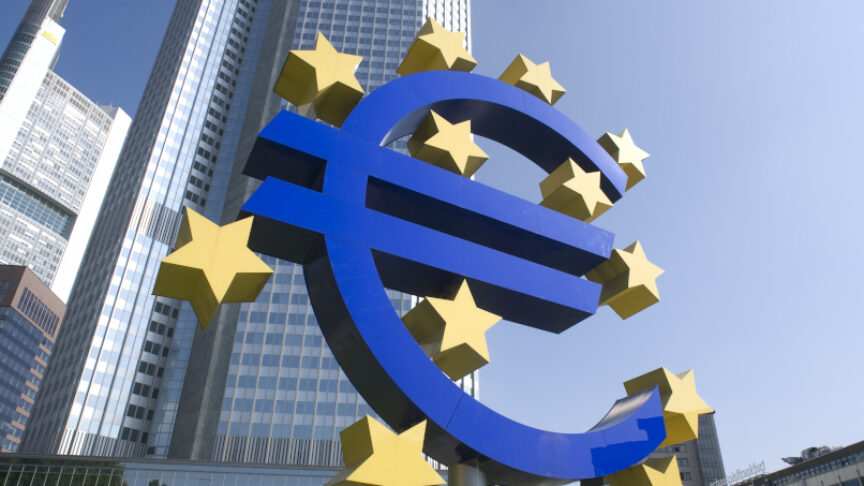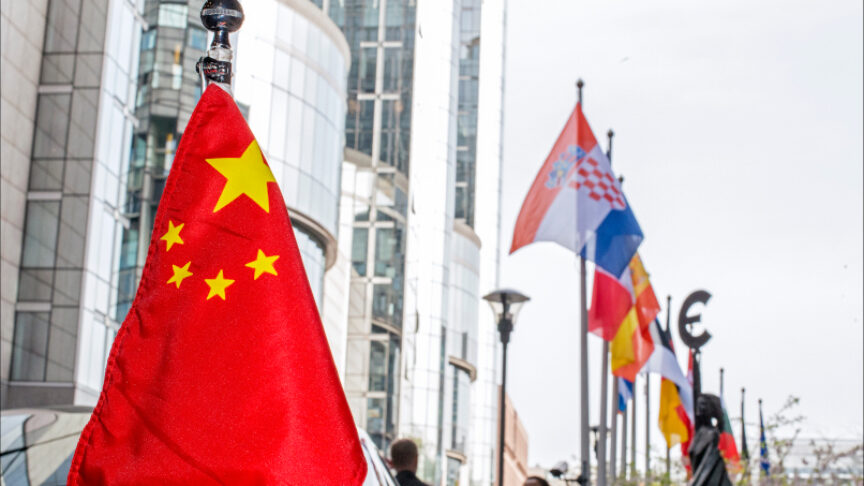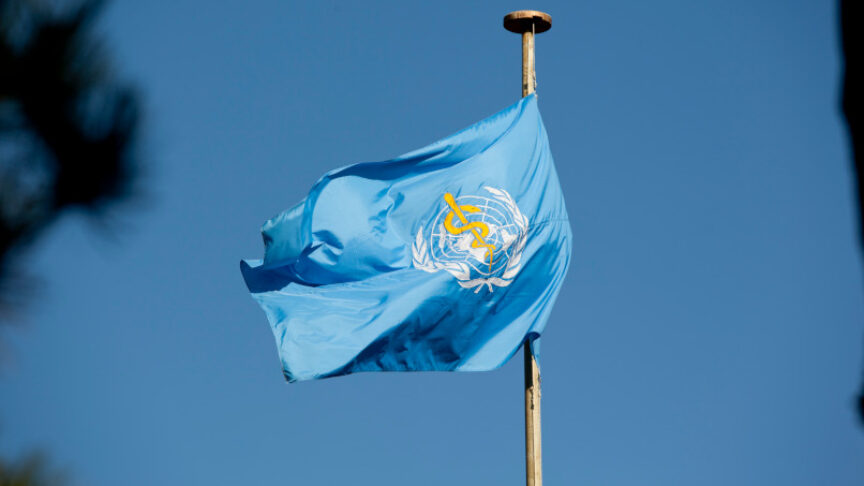
Serbia and coronavirus propaganda: High time for a transactional EU
It is time for the EU to direct much more of its financial assistance through channels other than highly corrupt governments that consistently violate European norms and standards

It is time for the EU to direct much more of its financial assistance through channels other than highly corrupt governments that consistently violate European norms and standards

The European Commission’s response to the coronavirus faces at least five fundamental challenges – all of which create significant opportunities for Europe

The German constitutional court has released something of a nuclear device that threatens the whole EU edifice. But a genuine fiscal policy for the EU would keep it standing.

The business relationship has long dominated Europe-China relations. But the recent developments in Hong Kong show that Beijing’s increasingly aggressive policies should force a rethink.

After years of pursuing closer bilateral economic ties with China, Europeans have suddenly realised that they have become dangerously dependent on Chinese trade and investment

The EU’s institutions and member states must support the CJEU. But words – and more infringement procedures – will not be enough in themselves.

By defining legal limits, the Constitutional Court has forced the German government to reconsider its European policy – to make political decisions on Europe where it has the power to do so

The China-US rivalry is harming an already-fragile international system. Europeans should seek out like-minded allies to act in its defence.
Like other recent systemic crises, the coronavirus pandemic has confronted us with an inconvenient truth: the risks associated with international openness might very well outweigh the gains. If today’s multilateral frameworks are to have a future, they must be brought back into the service of national sovereignty.
Berlin has quietly made concessions to new calls for greater solidarity. But back home this consensus may not last forever.